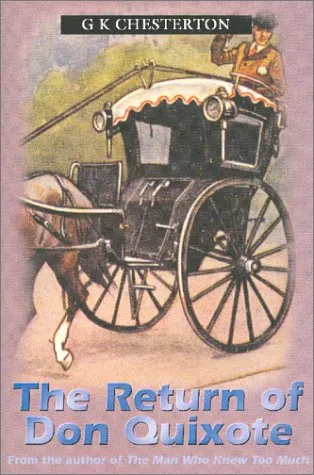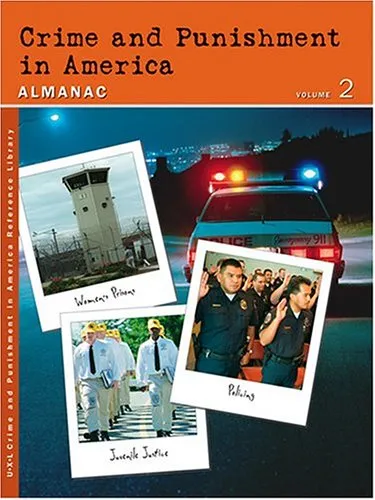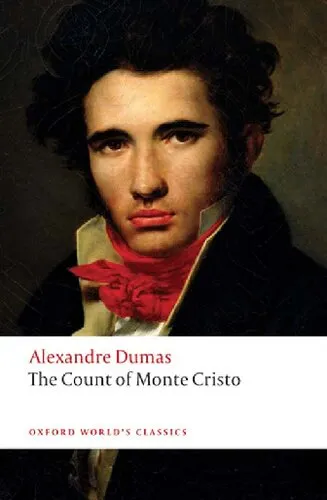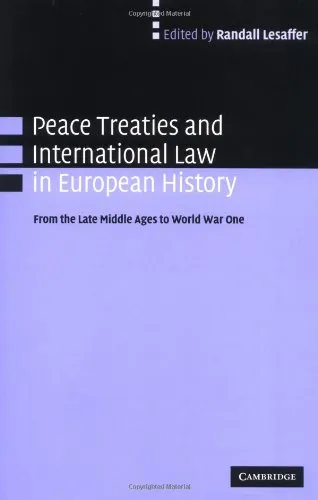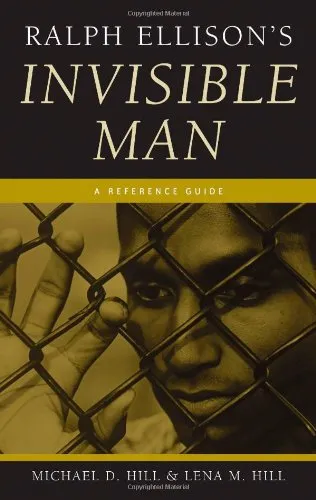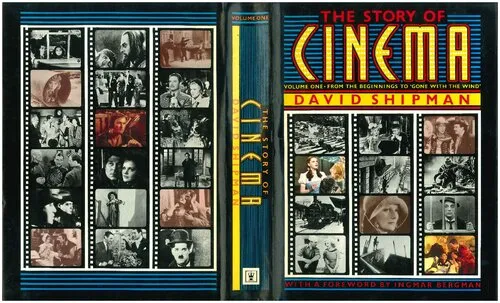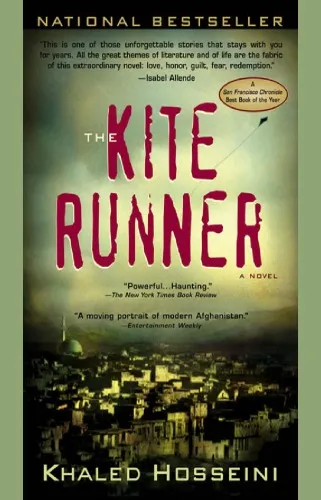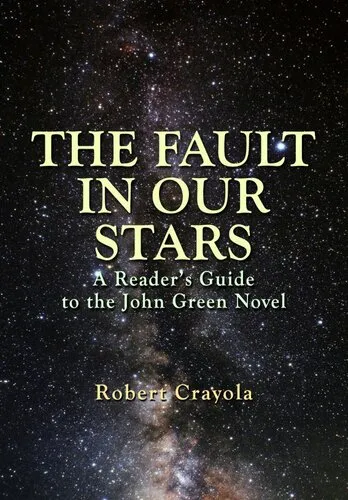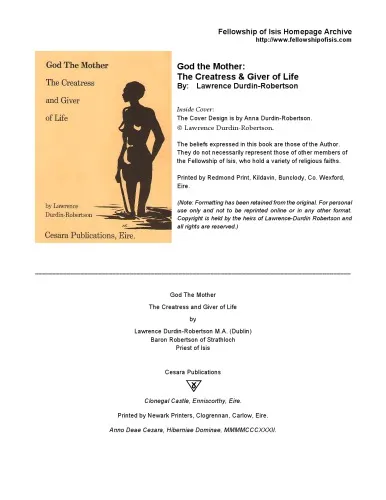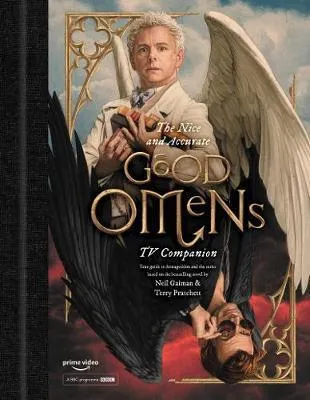The Return of Don Quixote
3.8
Reviews from our users

You Can Ask your questions from this book's AI after Login
Each download or ask from book AI costs 2 points. To earn more free points, please visit the Points Guide Page and complete some valuable actions.Related Refrences:
Introduction
G. K. Chesterton's 'The Return of Don Quixote' presents a fascinating exploration of themes such as tradition, modernity, and the timeless quest for chivalry. Written with Chesterton's characteristic wit and insight, the novel transports readers into a world where the lines between past and present blur, offering both a satirical and philosophical narrative that critiques contemporary society through the eyes of its protagonist. This introduction aims to provide a comprehensive overview of the book, encapsulate its key takeaways, highlight memorable quotes, and discuss its significance.
Detailed Summary of the Book
In 'The Return of Don Quixote', Chesterton crafts a narrative that pays homage to the spirit of the classic Don Quixote while placing his protagonist, Michael Herne, within the context of early 20th-century England. The story unfolds in a village where an old library is discovered, prompting a group of intellectuals to stage a Medieval pageant. As preparations ensue, Michael Herne is selected to play the role of a knight, Don Quixote, in the pageant. Immersed in his role, Herne begins to adopt the knightly persona not just for performance, but as a way of life.
This shift sets off a series of amusing yet thought-provoking events, as Herne's actions challenge the conventional norms of his contemporaries. As he dons his armor, both literally and metaphorically, Herne draws both admiration and ridicule from those around him. His dedication to living as a knight brings to light the perennial struggle between romantic ideals and harsh realities, culminating in a richly layered narrative that examines the merits and follies of nostalgia and modernity.
Key Takeaways
- **The Clash of Ideals and Reality:** Chesterton uses the character of Michael Herne to explore how ideals of chivalry and romance can both clash with and enrich modern life.
- **Satire and Social Commentary:** Through humor and satire, the novel critiques the intellectual pretensions and societal norms of Chesterton's time.
- **Philosophical Reflection:** The book invites readers to reflect on the nature of truth, tradition, and identity, urging a balance between progress and the preservation of noble ideals.
Famous Quotes from the Book
“The reformer is always right about what is wrong. He is generally wrong about what is right.”
“Romance is one of the things we make. If we believe in it, we can make it anywhere.”
Why This Book Matters
'The Return of Don Quixote' is significant not just as a piece of literary entertainment but as a work of critical thought that delves into timeless philosophical quandaries. Chesterton's novel stands out for its bold fusion of humor, drama, and intellectual discourse, urging readers to reconsider the role of history and tradition in shaping modern identities. As society continually evolves, grappling with the tension between looking forward and harking back, Chesterton's narrative continues to resonate, offering valuable insights into the human condition.
The novel's enduring appeal lies in its ability to provoke thought and elicit laughter through the same lens, making it a quintessential read for anyone intrigued by the interplay of history, tradition, and modern life. It serves as a reminder of the enduring power of imagination and the eternal quest for meaning that defines the human experience.
Free Direct Download
You Can Download this book after Login
Accessing books through legal platforms and public libraries not only supports the rights of authors and publishers but also contributes to the sustainability of reading culture. Before downloading, please take a moment to consider these options.
Find this book on other platforms:
WorldCat helps you find books in libraries worldwide.
See ratings, reviews, and discussions on Goodreads.
Find and buy rare or used books on AbeBooks.
1363
بازدید3.8
امتیاز0
نظر98%
رضایتReviews:
3.8
Based on 0 users review
Questions & Answers
Ask questions about this book or help others by answering
No questions yet. Be the first to ask!
